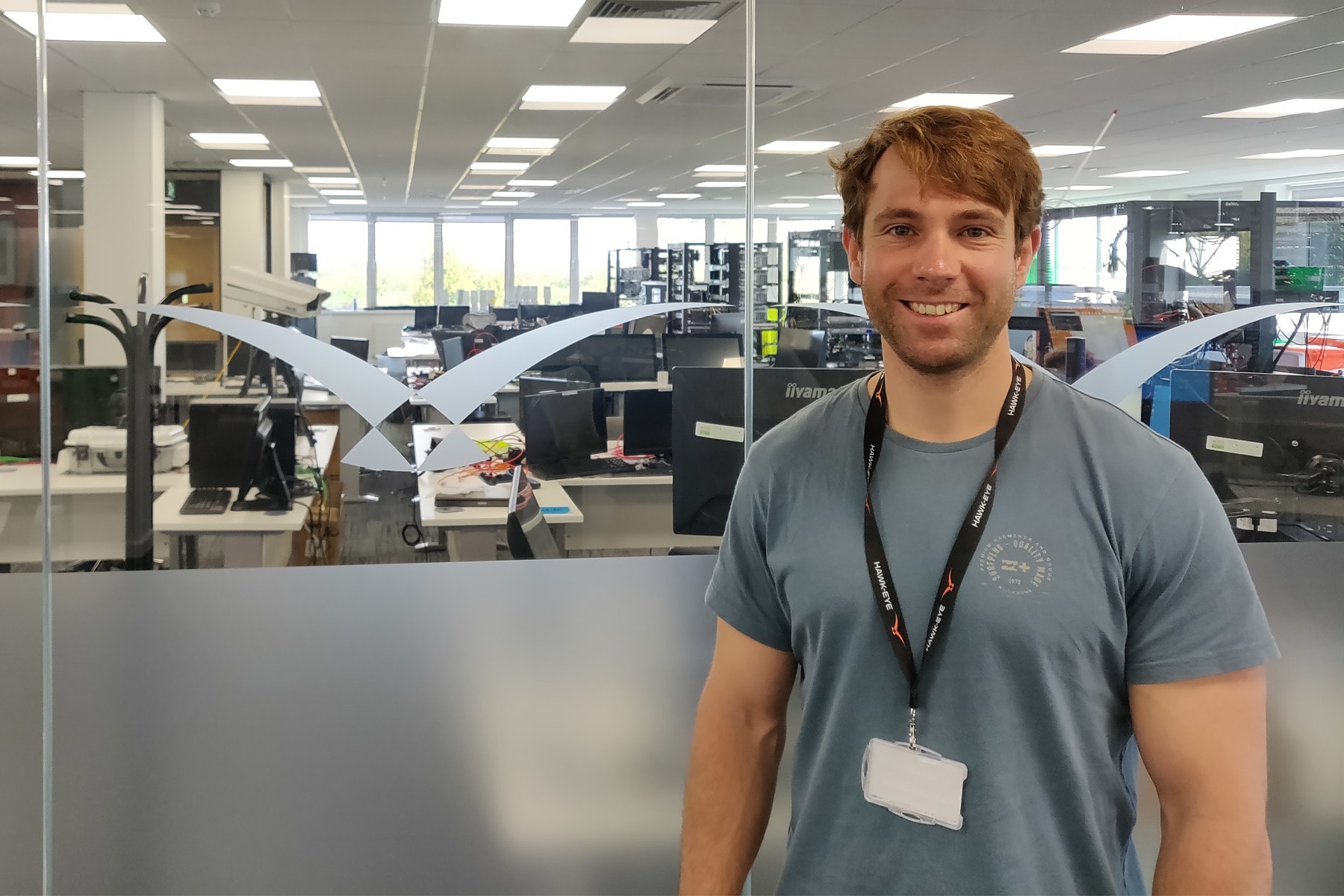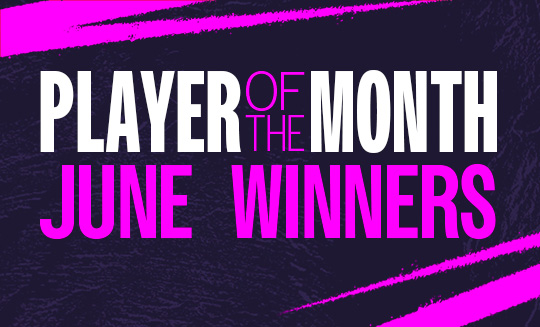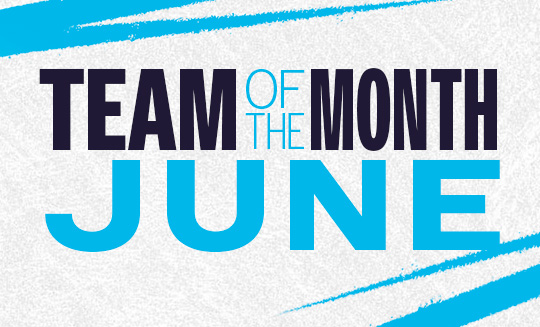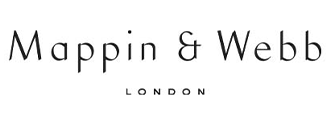PCA PRESS RELEASE
Ex-Warwickshire man on his behind-the-scenes role.
To see more articles. Click here
Former Warwickshire man James Ord has stated that “work doesn’t feel like work” after taking up a position with Hawk-Eye following on from his playing career.
Ord, 31, made 2 first-class and 15 List A appearances during his professional days, with the last of those coming for Unicorns in August 2012. Having accepted the reality that an extended career in cricket wasn’t going to materialise, Ord then used his connections from Loughborough University to secure a position with the world-renowned sports video technology company.
The PCA’s Personal Development and Welfare Programme aids players like Ord as they transition between careers. The programme gives PCA members access to funding for various courses, as well as educating them on how to navigate through every stage of their careers.
The Association’s Lead Personal Development Manager Charlie Mulraine spoke to James about his new, albeit very different, career in sport.
- What were your ambitions at the start of your cricket career?
- As a young player, I was fully focused on my cricket. That was my main priority. Like many young players, I had ambitions to get capped by my county and to play for England.
- You completed a degree in economics before you went full time. Was that with a plan in mind?
- Not really. I knew I wasn’t really a ‘standout’ player in age group cricket and the fact universities weren’t charging the fees they are now made it a fairly straightforward decision. I picked Loughborough because of their links with cricket and economics – I really enjoyed studying the latter when I was at school. I think the decision to go to university nowadays is a much more difficult one and I think I would only go to study if I knew the career path that I eventually wanted to take.
- How did your first year on the staff at Warwickshire go?
- Not great really! I always practiced and trained hard but looking back I don’t think I matured early enough for the demands of the professional environment. I found the step from junior to senior cricket quite difficult and in some ways was overawed by the situation. It is only now, on reflection, that I recognise what it was that I was feeling. At the time, I didn’t really recognise it was holding me back and didn’t seek anyone out to help me put cricket into perspective.
- What was the experience like when you were released in 2010?
- Even though it didn’t come as a surprise, it was still upsetting as I’d been at the club since I was ten years old. I went over to Australia to work and play some cricket and then returned to the UK to trial through the Unicorns programme. This gave me the opportunity to play another ten or eleven List A games before I made peace with the reality that cricket was not going to happen.
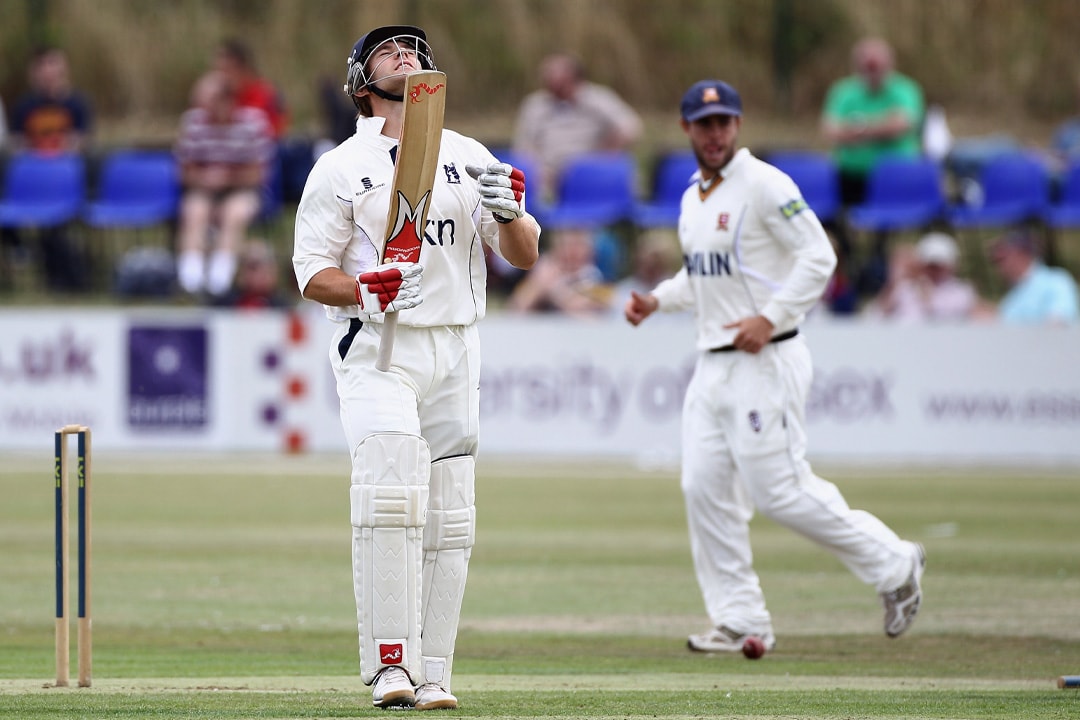
- What was your next step?
- I was fortunate that Loughborough had links with Hawk-Eye and had created a number of placements which some of my contemporaries had taken advantage of. I thought “that’s pretty cool” but, before I made contact with them, I went out to Australia with my girlfriend for one last season of cricket. I pursued Hawk-Eye on my return, had an interview and then within a few weeks I had been offered a job.
- Talk me through the progression you’ve made at Hawk-Eye?
- I developed through the ranks from a Junior Operator to now part of the management team. When I joined in 2012/2013, the company was rapidly expanding to service a new contract with the Premier League and therefore my role involved carrying ladders and equipment to help with the hardware setup at key football stadiums. Hawk-Eye actually recruited me because of my cricket background and almost took a punt on my ability to understand the game and the data analytics needed. I helped at a few Test Matches and then I was flown to India with responsibility for setting up the hardware, calibrating the system and integrating it with the broadcasters to ensure it all worked.
- Did you feel the pressure that the quality of the data was reliant on you setting everything up correctly?
- Definitely! You’re often battling the clock to ensure everything is set up in time for the start of play. As you know, the game won’t pause for you and therefore you have to get the hardware set up right and troubleshoot any issues. You get a real kick out of it!
- What’s next for you?
- Hawk-Eye is a really innovative company and I am looking to develop some new features that hopefully will appear in the new Hundred competition as well as new technology for other sports. For me, I’m excited about branching out into other areas of broadcast and have some creative ideas for other less mainstream sports that have been brought into the public domain through Instagram and YouTube. There is massive freedom at the company to develop projects if you recognise a business opportunity and that is hugely exciting.
- What advice would you offer to current players about cricket and life beyond it?
- I’d recommend all players to explore as many opportunities as they can and be as open-minded as possible. I think this lessens the pressure and expectation on you as a player, and gives you a broader view of life to realise that cricket, whilst important, isn’t the be all and end all. After cricket, I would strongly recommend following your interests. I am in a fortunate position to say for me, work doesn’t feel like work.
For more information on the PCA’s Personal Development and Welfare Programme click here or contact your regional Personal Development Manager.
